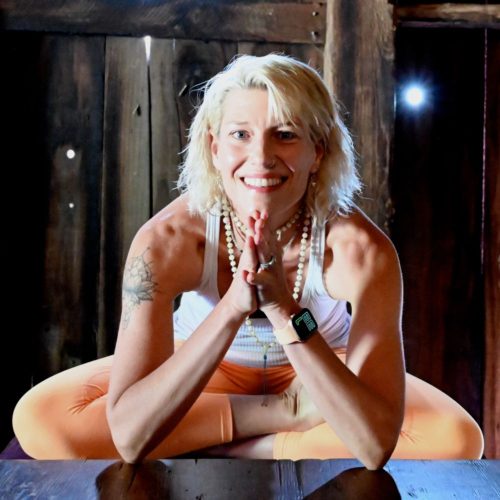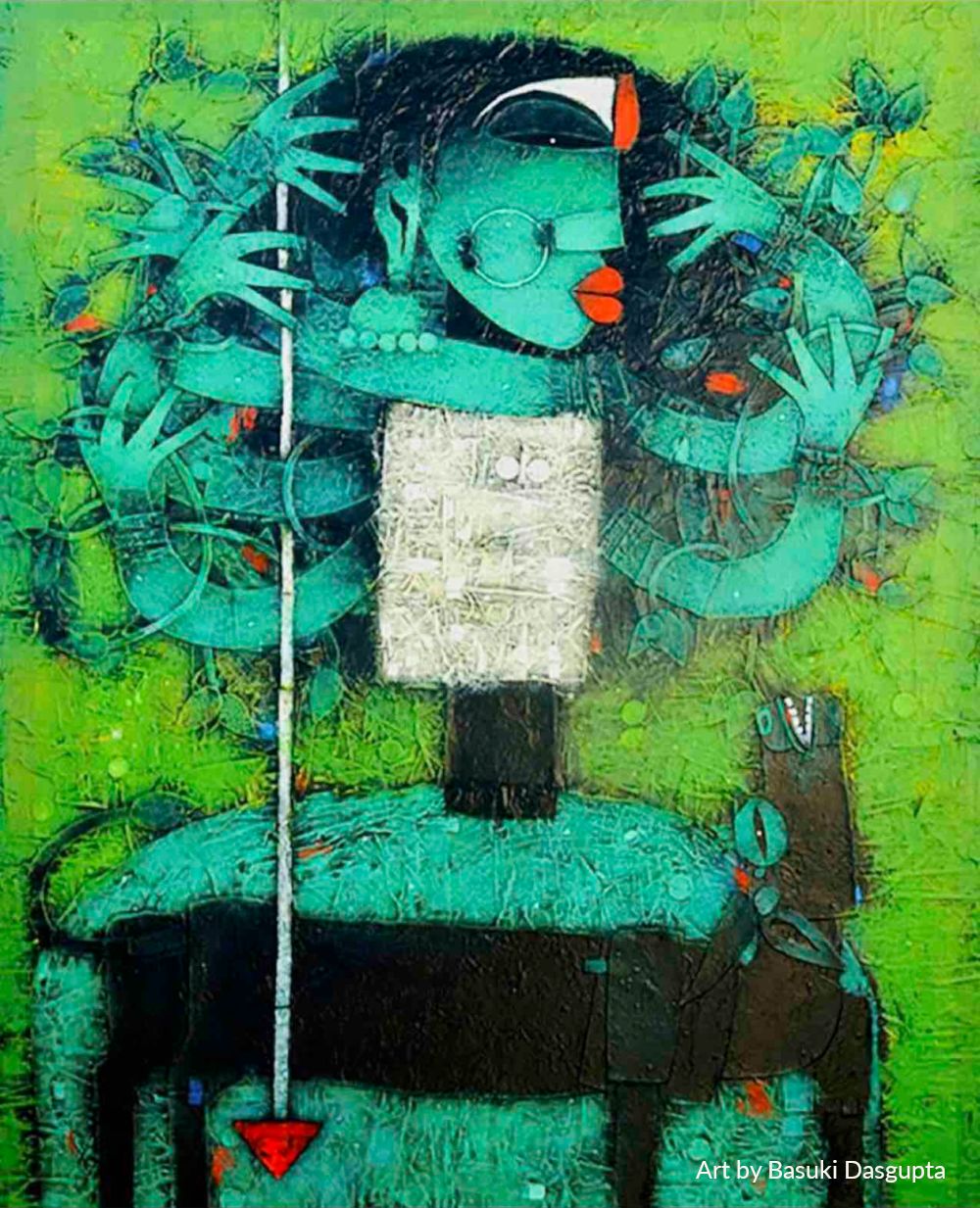It’s usually around this time, when the yang energy is at its highest and our social and work calendars are possibly at their peak that we start to notice that our sleep is suffering.
We’ve all heard the catchphrases: “I’ll sleep when I’m dead” or “No rest for the wicked.” Perhaps there are occasions when enjoying a late night out or early morning is absolutely called for. However, holistically we need a steady accumulation of sleep as it is the main mechanism for quite literally washing the brain.
What is this washing of the brain you may ask? Our brains have their own type of cleaning system that works very similarly to the lymphatic system of the body, called the glymphatic system. Its main purpose is to clear the brain of toxic byproducts and transport wastes found in the cerebrospinal fluid out of the central nervous system.
This work all takes place during our sleeping hours. It is thought that this process may be sleep’s main purpose.
We often hear about the importance of REM sleep, but when we sleep our brains are cycling between the NREM and REM stages of sleep throughout the night. In the first few stages of the sleep cycle, we are in relatively lighter sleep and then go into deeper stages of sleep in the last, or later stages of the cycle. Often, the deepest sleep is at the very end of the process.
It’s due to the way the stages of the entire sleep process work, that we can grossly impact our overall sleep when we cut our sleep by even a few hours. We need all the cycles to occur and be able to complete, on a regular basis for our overall brain health.
In the NREM (Non-Rapid Eye Movement) sleep, the brain processes all that you are learning and taking in each day. In essence, strengthening those skills by helping you store them to memory and letting go of the things that aren’t deemed as critical to retain. The example I have most often heard used is that it’s like cleaning a hard drive. If we think about all the sensory items we take in on any given day, it makes sense that our brains have to collate this data in some way or parse through what is necessary. According to Medium.com, it is believed that “an average person can process around 74 gigabytes (GB) of data a day.”
In REM (Rapid Eye Movement), sleep helps the brain to integrate this new knowledge and experience with your past knowledge and experience. REM sleep helps us relate to experiences across our lives.
Dr. Mathew Walker, a professor and author of Why We Sleep- Unlocking The Power Of Sleep And Dreams states: “Memory operates way below consciousness. Behavior is impacted by our implicit memories.” Getting a full night’s sleep not only helps you feel better and clearer but it’s helping to strengthen your memories and has a direct impact on your behavior.
So how much sleep do we really need? Turns out more than we think! According to the National Sleep Foundation, most adults from the age of 18 years old and older need 7-9 hours of sleep on average. Anyone younger than 18 needs even more sleep.
Here are some tips for better sleep:
(Reference: Dr. Mathew Walker’s Why We Sleep & The National Sleep Foundation)
- Turn your air to around 65 degrees at night
- Make sure you have a dark space
- Exercise
- Limit or avoid alcohol
- Stick to a regular sleep schedule
- Limit blue light (including TV) for at least an hour before bed. Dim your lights
- Coffee has an 8-hour half-life. Limit caffeinated beverages after the morning
- Meditate
- Take naps before 2 PM
Prioritize your sleep when and where you can. I don’t think I’ve heard of anyone ever lamenting getting a good night’s sleep. Similarly, I don’t think I’ve heard of someone ever wishing they had not practiced yoga, qi gong, or mediation. We do it because it just feels good.
May you continue to rest in your peace.















One reply on “A Sleep Manifesto – Sleep First Then Rock Your Life”
Thank you!!! This is very helpful.
Luv,
Nooshin